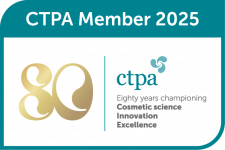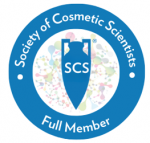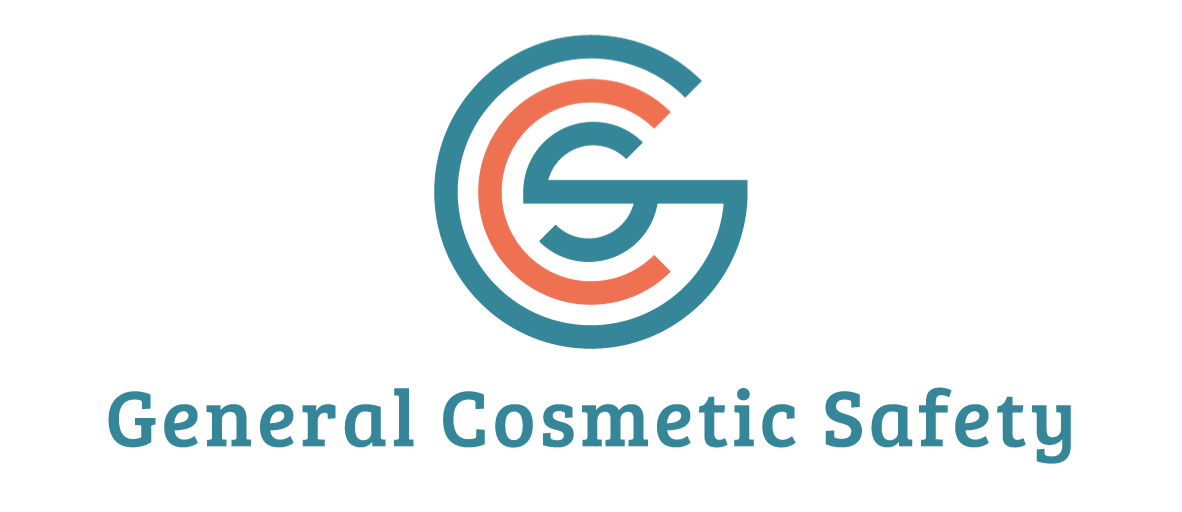IFRA: Ensuring the Fragrance World’s Safety
What is the IFRA (International Fragrance Association)
In the realm of fragrances, safety is paramount, and that’s where IFRA, The International Fragrance Association, takes centre stage. IFRA represents perfume-making companies, ensuring that the fragrances you love can be enjoyed safely in various consumer products. How do they achieve this? Through research and scientific analysis, IFRA scrutinizes the components in fragrance products. By setting standards, they assure the safety of commonly used elements in perfumes, including essential oils and synthetic fragrance components.
Keeping Up-to-Date
Safety standards are not static; they evolve to meet new scientific findings. IFRA collaborates with experts, such as the Research Institute for Fragrance Materials (RIFM), to review existing data and conduct new studies. Draft Standards undergo consultation, leading to amendments in the IFRA Code of Practice, with updates occurring approximately every two years. Significant changes, like the shift from Amendment 48 to 49 in 2020, can impact perfume formulations and, subsequently, your olfactory experience, but this can also occur for more minor updates.
Implementing Changes
The most recent 51st Amendment, was released in June 2023. Perfume Houses must adhere to specific timelines:
- New creations with newly prohibited materials: August 30, 2023
- Existing creations with newly prohibited materials: July 30, 2024
- New creations with restricted materials: March 30, 2024
- Existing creations with restricted materials: October 30, 2025
These deadlines ensure that the perfumes you purchase meet the latest safety standards.
The Impact on Perfume Formulations
Changes in standards can necessitate adjustments in perfume formulations. While some manufacturers maintain the same perfume names, alterations can influence the aroma and notes. Customers might notice these changes and have to decide whether to embrace the new fragrance, opt for a different one, or discontinue using the product.
Essential Oils and Standards
IFRA’s standards also affect essential oils. Limits on certain components within natural oils can change, altering how much essential oil can be used in cosmetic products.
Navigating Perfume Documents
At GCS, safety is a top priority. When it comes to perfumes, three key documents are crucial:
- Safety Data Sheet (SDS): Lists hazardous perfume components, providing essential safety and toxicity data.
- IFRA Certificate: Calculations ensure that the perfume’s components adhere to IFRA Standards for different product categories.
- Allergen List: Specifies compounds that should be listed on cosmetic product packaging.
EU vs. IFRA Limits
While the EU has its Cosmetic Regulations, IFRA sets international standards. Sometimes, the limits may vary between the two. Many perfume houses provide both sets of limits on the IFRA certificate, but in all cases, GCS will ensure that the perfume complies with the stricter requirement.
IFRA Categories
IFRA have scientifically reviewed all types of cosmetic products and calculated the types of exposure that consumers will be exposed to, whilst using the product and came up with a way to decide safe limits for each type of exposure. Categories related to cosmetic products are:
| 1 | Lip / oral products e.g. lip balm, lipstick |
| 2 | Deodorant products, body sprays (unless specifically labelled as not to use underarm) |
| 3 | Make-up, eye products, make-up remover, wipes, body / face paint, face / eye masks |
| 4 | Fine fragrances |
|
5A
5B 5C 5D |
Leave-on products applied to the body, including foot creams and body powders Leave-on products applied to the face Leave-on products applied to the hand Leave-on products applied to infants (babies under 3) |
| 6 | Toothpaste / mouthwash and other oral care |
|
7A 7B |
Rinse-off hair perming treatment, hair dyes Leave-on hair sprays, hair styling aids, leave-in conditioners. Leave-on hair perming treatment, hair dyes, dry shampoo, hair powder |
| 8 | Intimate wipes / toilet wipes, baby wipes |
| 9 | All rinse-off products used on the body and hand; bath additives (foam bath / bath salts / bath bombs etc); foot soaks. Shaving creams. Hair removal products. |
Brexit and IFRA
Since IFRA is not a specific EU regulation, IFRA standards apply equally in EU and UK, aligning with international safety measures in the fragrance industry.
Stay fragrant, stay safe, and enjoy your scented adventures!
Safety Assessor Qualifications
MSc (Distinction), University of Strathclyde
BSc (Hons) Chemistry, University of Nottingham
Certificate - Safety Assessment of Cosmetics in the EU, Vrije University Brussels
Get in Touch
If you would like to discuss any of your products or ranges, please fill out our contact form




